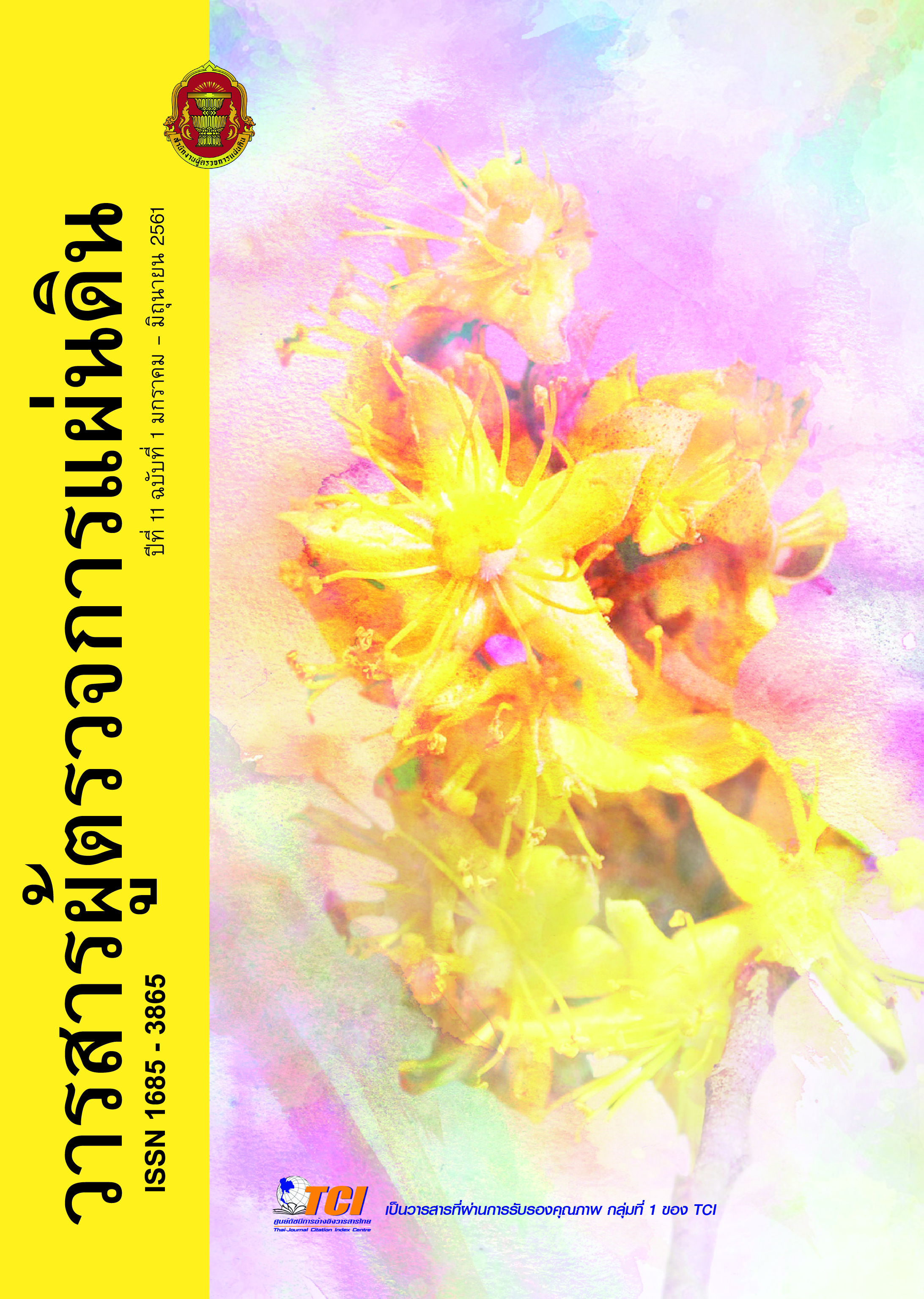Problems related to the Exercises of Right to Judicial Process of the National Human Rights Commission to protect human rights in Thailand
Keywords:
Human Rights, National Human Rights Commission of Thailand, Judicial ProcessAbstract
Human rights are rights that are inherent to every human being from the moment one is born. These rights are so fundamental for every human being that they should be universally protected. Because of this, societies throughout the world have developed concepts, principles and laws in order to protect human rights at both national and international levels, which, in turn, lead to establishments of human rights institutions. Human rights commissions are human rights institutions established to protect human rights of their respective citizens. In Thailand, the National Human Rights Commission of Thailand was established by the Constitution of Thailand B.E. 2540. When the Constitution of Thailand B.E. 2550 was enacted, it kept the provisions relating to the authority and responsibilities of the National Human Rights Commission of Thailand and added new provisions under section 257 paragraph 1 subparagraphs (2) (3) and (4), which gave an authority to the National Human Rights Commission of Thailand to submit a case together with its opinion on the case to the Constitutional Court, the Administrative Court as well as to initiate a legal proceeding in the courts of justice, if the case falls into the conditions prescribed by law. It can be said that these provisions gave the National Human Rights Commission of the Thailand a “right to a judicial proceeding” to protect human rights of the people in Thailand for the first time. However, the implementation of such provisions faced many difficulties in practice as there was not any law which sufficiently provides the details of such ‘right’. Furthermore, the Constitution of Thailand B.E. 2560, unlike the B.E. 2550 version, does not contain the clauses on the ‘right to a judicial proceeding’ of the National Human Rights Commission of Thailand, neither does the National Human Rights Commission of Thailand Act B.E. 2560. Which a legal proceeding is formal and costly, and requires special expertise. As a lay person would face considerable obstacles to participate in a judicial proceeding, the National Human Rights Commission of Thailand, whose primary responsibility is to protect human rights of its people, should assist the people whose human rights are violated in a concrete manner. In order to allow the National Human Rights Commission of Thailand to help protect the people in such manner, there should be laws authorizing the National Human Rights Commission of Thailand to participate in a legal proceeding on behalf of a complainant which contain procedural details to provide clarity. This will provide an option for the people whose human rights are violated and want to seek help. It will also enhance effectiveness and concreteness of human rights protection provided by the National Human Rights Commission of Thailand.
Downloads
Published
How to Cite
Issue
Section
License
- Content published in the journal is personal opinions of authors which the office of Ombudsman and the editorial team are not bound to be accordance with.
- Articles, content, images, etc. published in the Journal of Ombudsman are copyright of the Journal. If any person or entity wants to bring all or part of it to publish or to do any action. Must obtain written permission from the journal's first.



